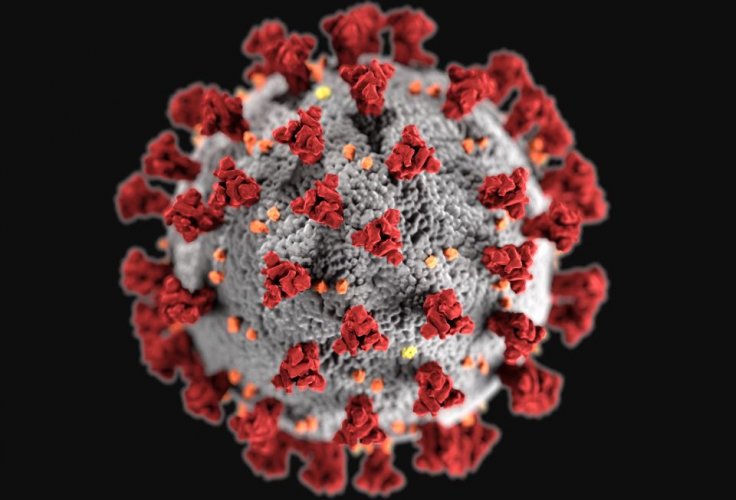Finding an animal with the virus matching the one in early COVID-19 patients would be the most straightforward way to track the pathogen, but time is against that strategy. "The virus could be gone, it may not be circulating in that animal – it jumped to people and now this is where it's spreading," Wanda Markotter, director of the Centre for Viral Zoonoses at the University of Pretoria in South Africa said.
The World Health Organisation (WHO) is on its mission to send teams into China to investigate novel coronavirus' origins and scientists having experience in tracking virus behaviors say that such a hunt for the virus' origin could take years of work, while they may also not reach a definitive conclusion.
Time - Main Obstacle

A team of WHO experts will meet Chinese health officials soon to set parameters for the international mission. The main obstacle in the mission is 'time'. Because it has been over six months after the outbreak in China's Hubei Province. Some experts suggest that SARS-CoV-2, the virus that causes COVID-19 most likely came from a bat, which later gained the capacity to attach humans through an intermediary host animal.
However, pinpointing how exactly the route coronavirus took to attack humans might not at all be possible, said David Heymann, professor of infectious disease epidemiology at the London School of Hygiene and Tropical Medicine, as reported by South China Morning Post. But scientists can build hypotheses on how it might have happened for future research Heymann added, he also chairs the WHO's Scientific, Technical Advisory Group for Infectious Hazards.
Wanda Markotter, the director of the Center for Viral Zoonoses at the University of Pretoria in South Africa said that coronavirus might be gone by now, as it may not be circulating in that animal. Right now it's spreading among humans, he added.
Seasonal Viruses

Viruses are seasonal, hence it may only be present in animals in certain seasons, this makes it easy to miss it when tracing the origins, said Markotter, she surveys bats as part of her research. Tracking a virus back to its animal source involves screening samples taken from market animals in the past 6 to 12 months and even before the outbreak, said Gavin Smith, a professor of emerging infectious diseases at Duke-NUS Medical School in Singapore.
Previously, scientists thought that the virus might have come from a horseshoe bat in China as they found one with almost 96 percent match, but even that is not close enough to be considered as a suspect. China officials urged that the hunt for coronavirus origins should be conducted in multiple countries.
Markotter pointed to an example of the 2002 SARS outbreak in China, where it was suspected that the intermediary host was civet cat, while the source was the bat, but it was never found. She cited this and said that this is a similar situation we're in, but worse.









